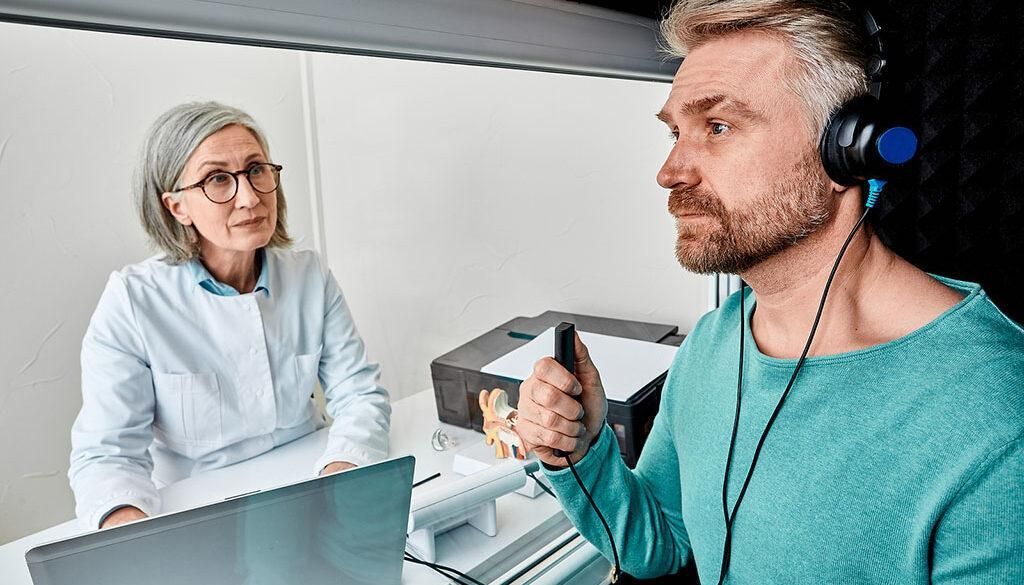Clear Communication, Brighter Connections: Nurturing Meaningful Relationships
In today's fast-paced digital age, where technology has made communication seemingly effortless, it is ironic that effective and meaningful communication can often be challenging to achieve.
However, the art of clear communication remains at the heart of building brighter connections and nurturing meaningful relationships. Whether it's in personal or professional contexts, fostering genuine connections with others requires a commitment to open and efficient communication.
In this blog post, we will explore the significance of clear communication and how it forms the cornerstone for building lasting relationships.
The Importance of Clear Communication:
Clear communication is more than just conveying information; it is about ensuring that the message is understood accurately by both parties involved. Clarity eliminates misunderstandings and minimises misinterpretations, allowing individuals to connect on a deeper level. When people can express themselves clearly and succinctly while actively listening to others with empathy, understanding flourishes.
Building Trust through Transparency:
Transparency is an essential element of clear communication that nurtures trust in any relationship. By being open and honest in our interactions, we demonstrate respect for others' opinions and perspectives. Transparency ensures that both parties have all the necessary information to make informed decisions when working together or engaging in personal dialogue. This fosters trust in our intentions and strengthens the foundation upon which we build relationships.
Enhancing Conflict Resolution:
Effective conflict resolution relies heavily on clear communication skills. Conflicts are bound to arise when multiple individuals collaborate or share differing opinions. However, by communicating assertively but respectfully, conflicts can be approached as opportunities for growth rather than obstacles. Clear articulation of grievances allows for better understanding and enables parties to find common ground more efficiently.
Active Listening: The Art of Understanding:
An integral component of clear communication often overlooked is active listening – truly hearing what others are saying without judgment or interruption. Active listening involves showing genuine interest, maintaining eye contact, asking relevant questions, and providing thoughtful responses. It allows individuals to feel valued and validated, leading to stronger connections and a deeper understanding of one another's needs and desires.
Improving Emotional Intelligence:
Emotional intelligence plays a vital role in building meaningful relationships through clear communication. Being aware of our emotions and others' emotions enables us to express ourselves with empathy, choose the appropriate words, and respond sensitively. By mastering emotional intelligence, we can adapt our communication style to suit different situations and individuals, fostering positive interactions based on understanding and mutual respect.
Building Rapport: Tailoring Communication Styles:
Every individual communicates differently. Therefore, tailoring our communication style to match the preferences of those we engage with is crucial. Paying attention to their verbal and non-verbal cues helps us adjust our tone, body language, and vocabulary accordingly. By adapting our style of communication to align with others', we break barriers that could hinder connections while enhancing rapport-building efforts.
Leveraging Technology for Clear Communication:
In an era where technology dominates every aspect of our lives, it is imperative to leverage digital tools effectively while maintaining clarity in communication. Email etiquette, video conferences, instant messaging platforms – all require their unique approach for effective correspondence. It's important to master these digital mediums, ensuring clarity doesn't get lost amidst technological distractions.
Clear communication acts as the bridge that connects people together on a deeper level by fostering trust, understanding conflicts productively resolving issues compassionately. It is an active process involving transparency, active listening skills emotional intelligence boosters that facilitate building stronger relationships – both personal professional.
By honing these skills being mindful of tailoring messages individually empowered digital tools provide us with endless possibilities forming brighter connections through nurturing meaningful relationships.
Let us help you hear and communicate better today – Contact Sid and Sukhina HERE



